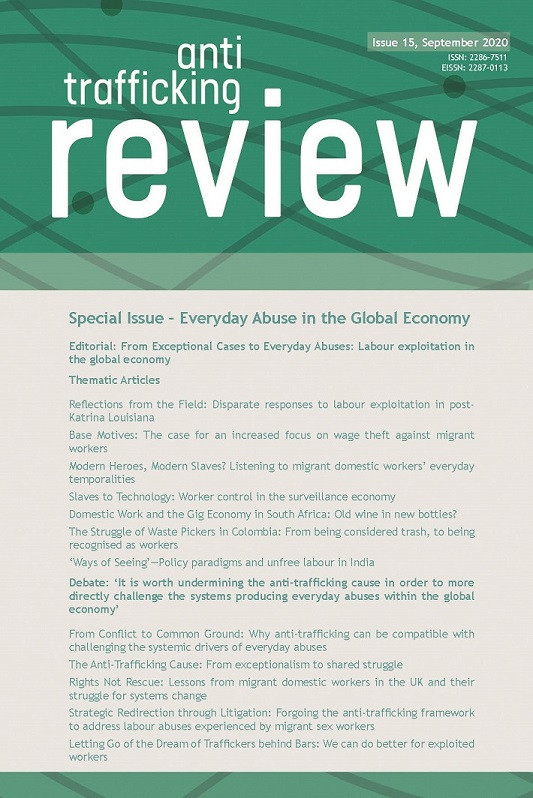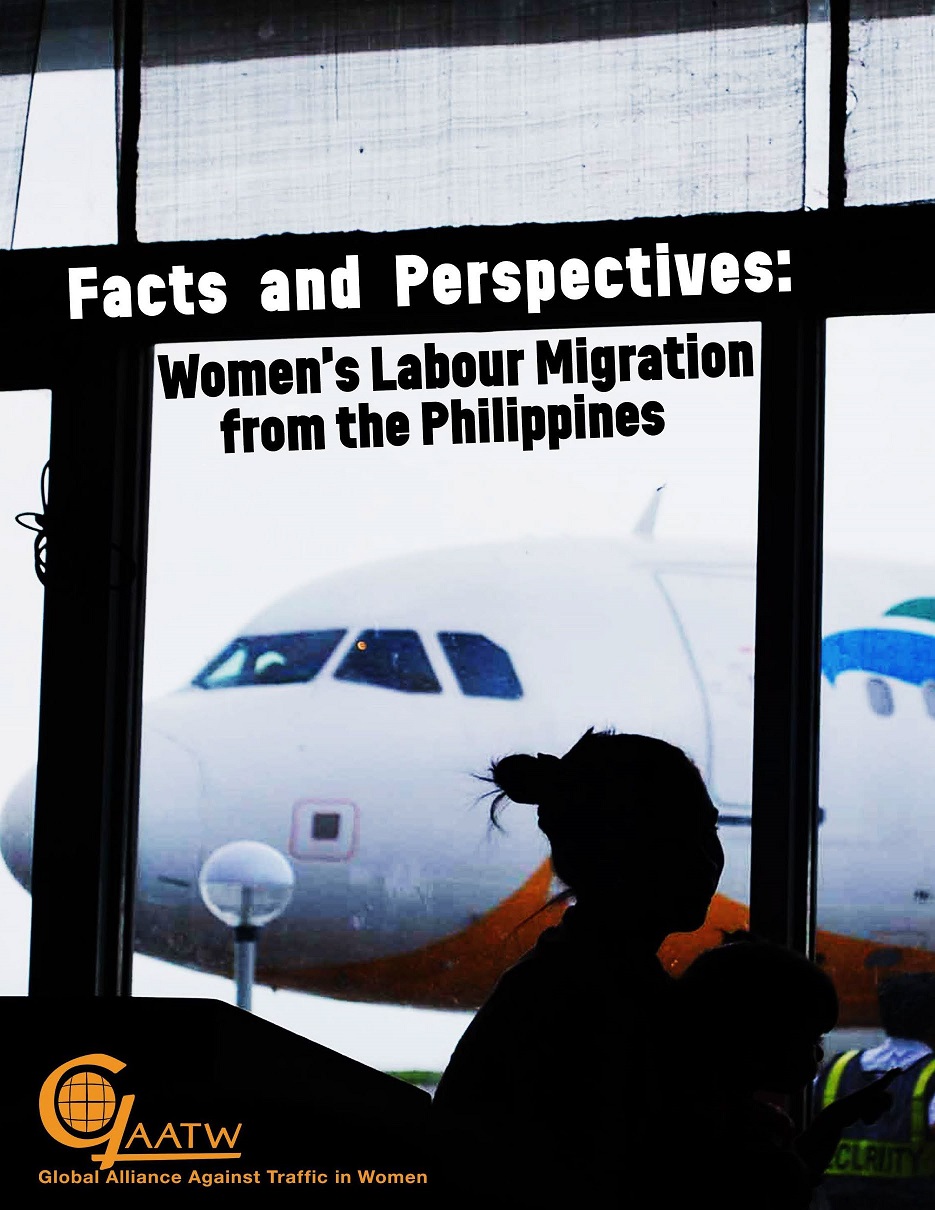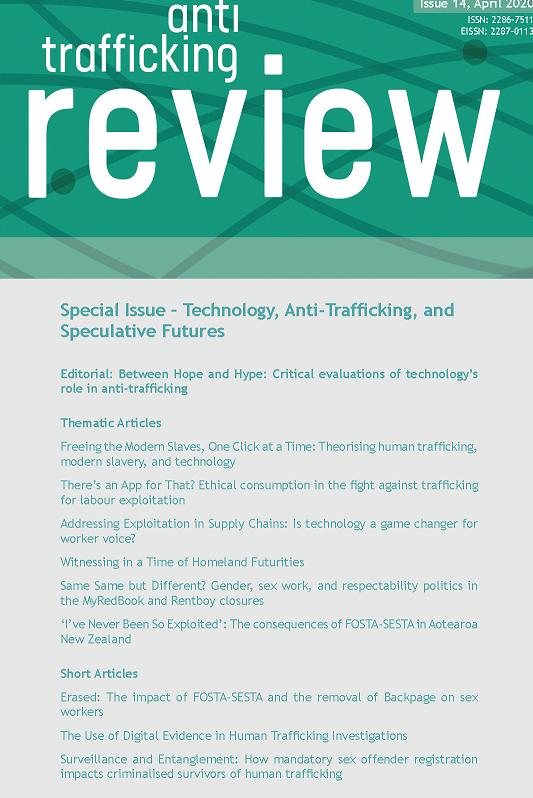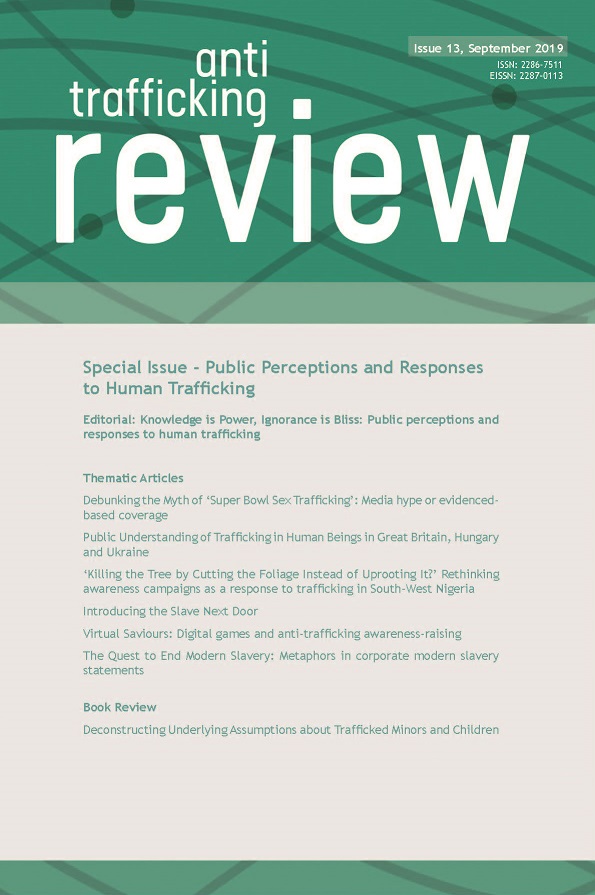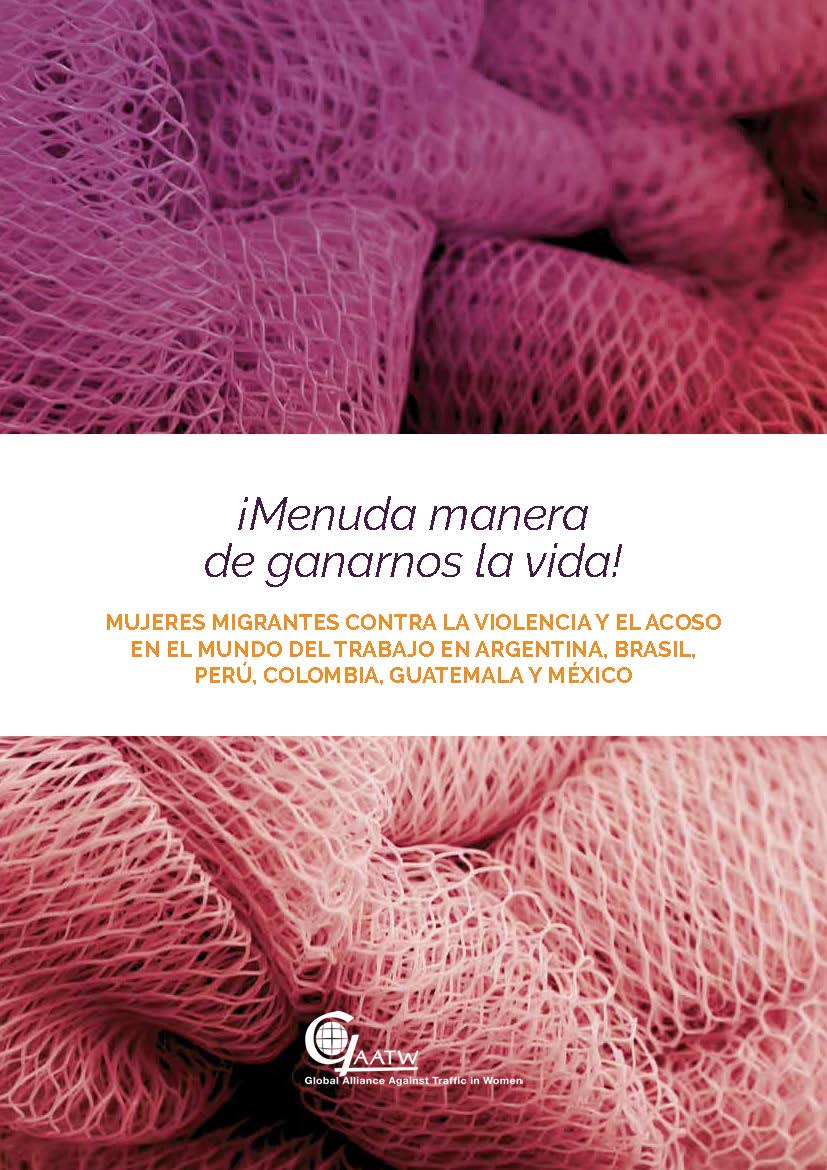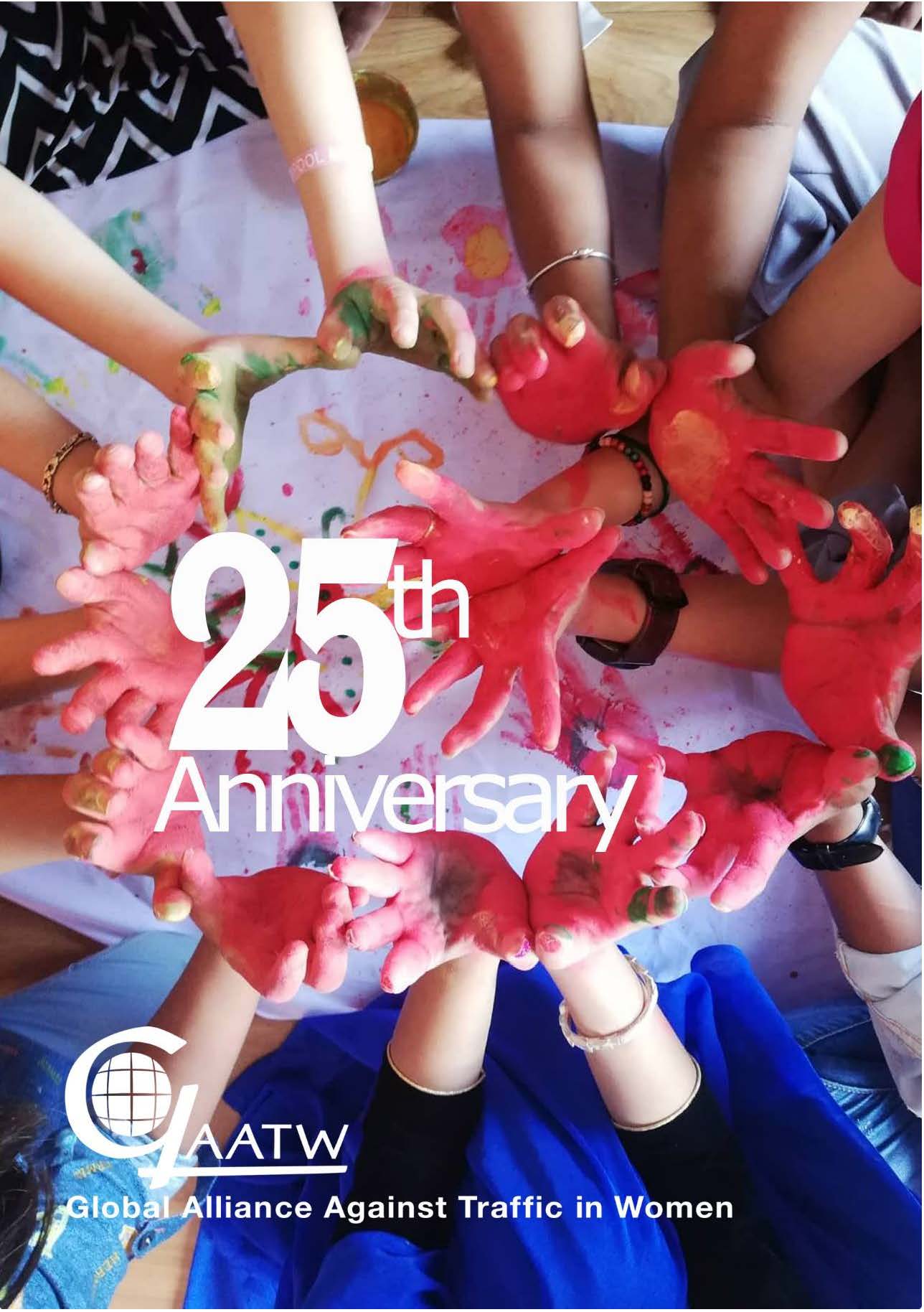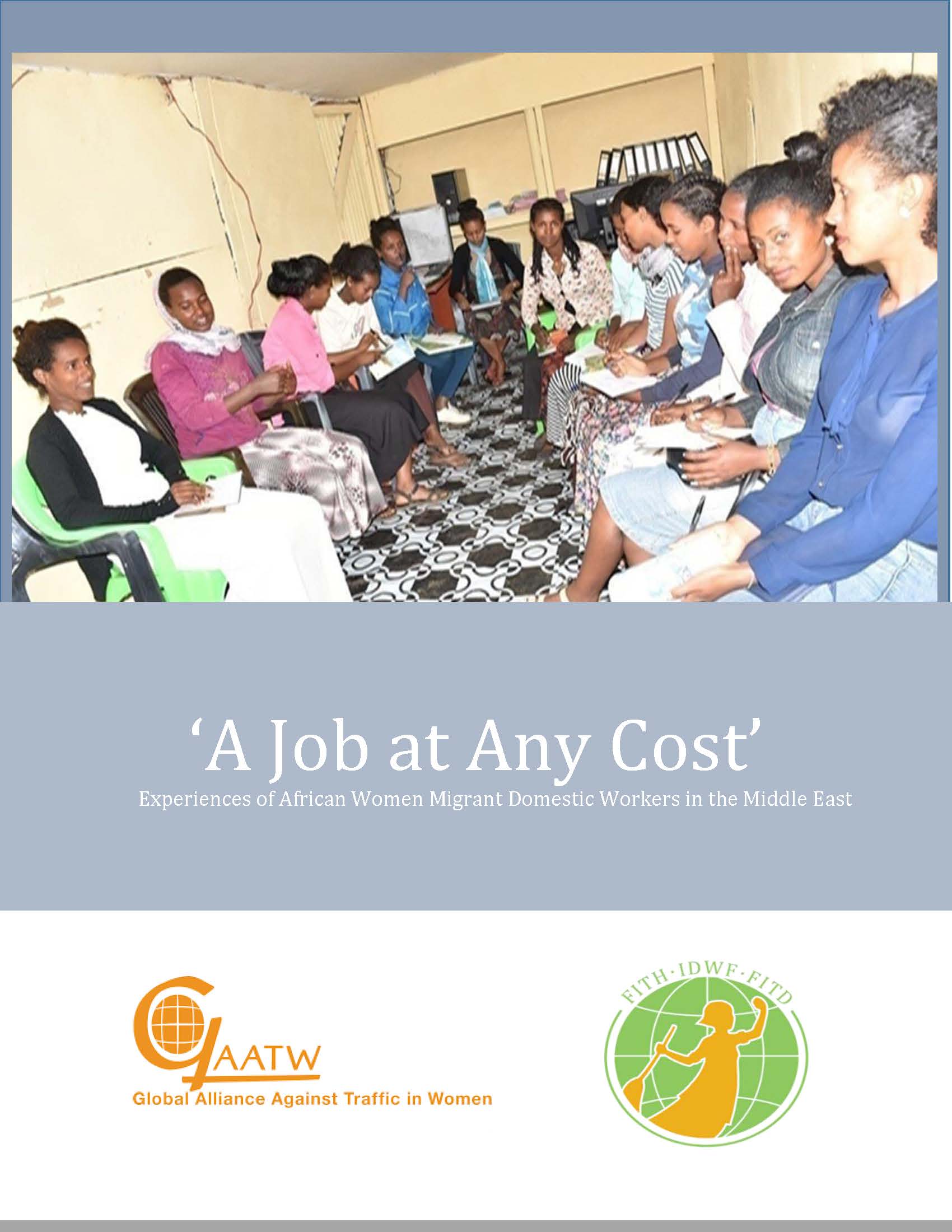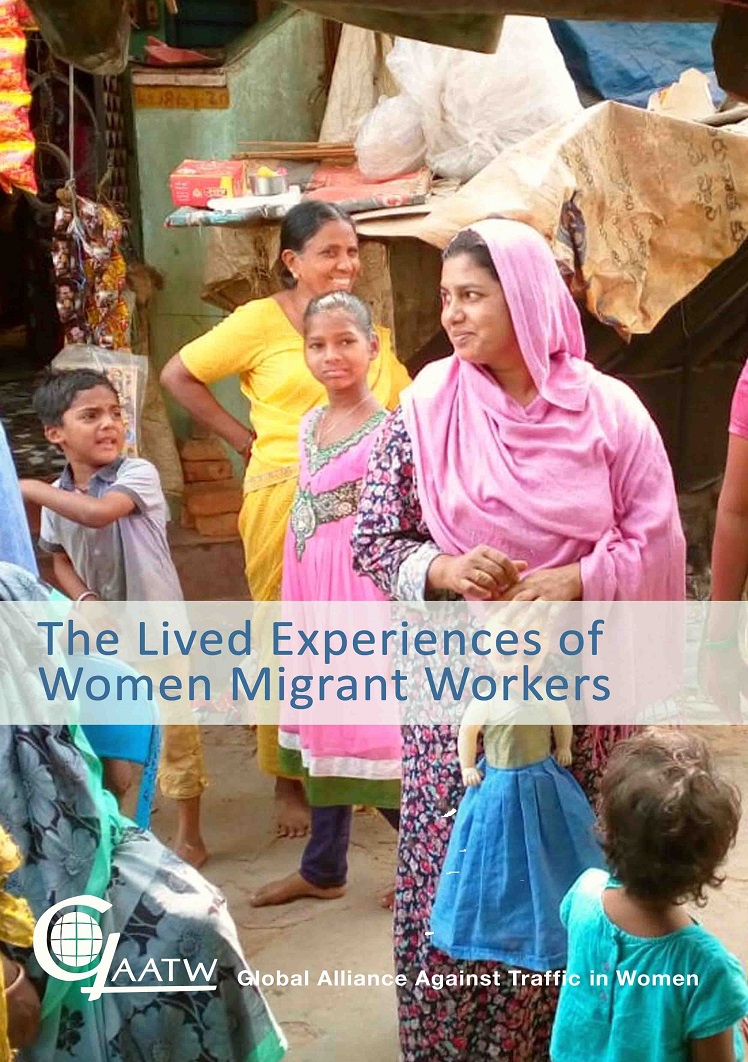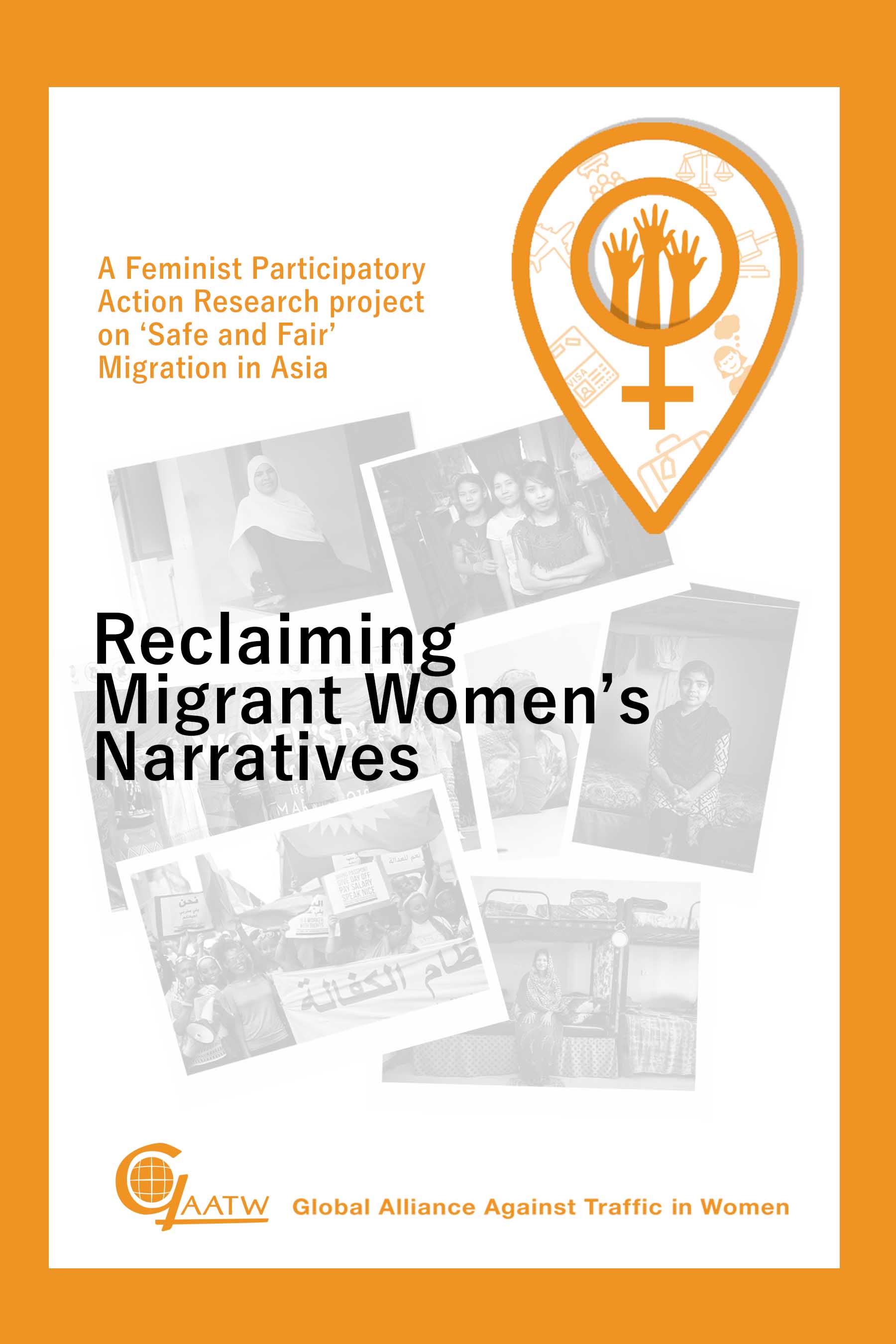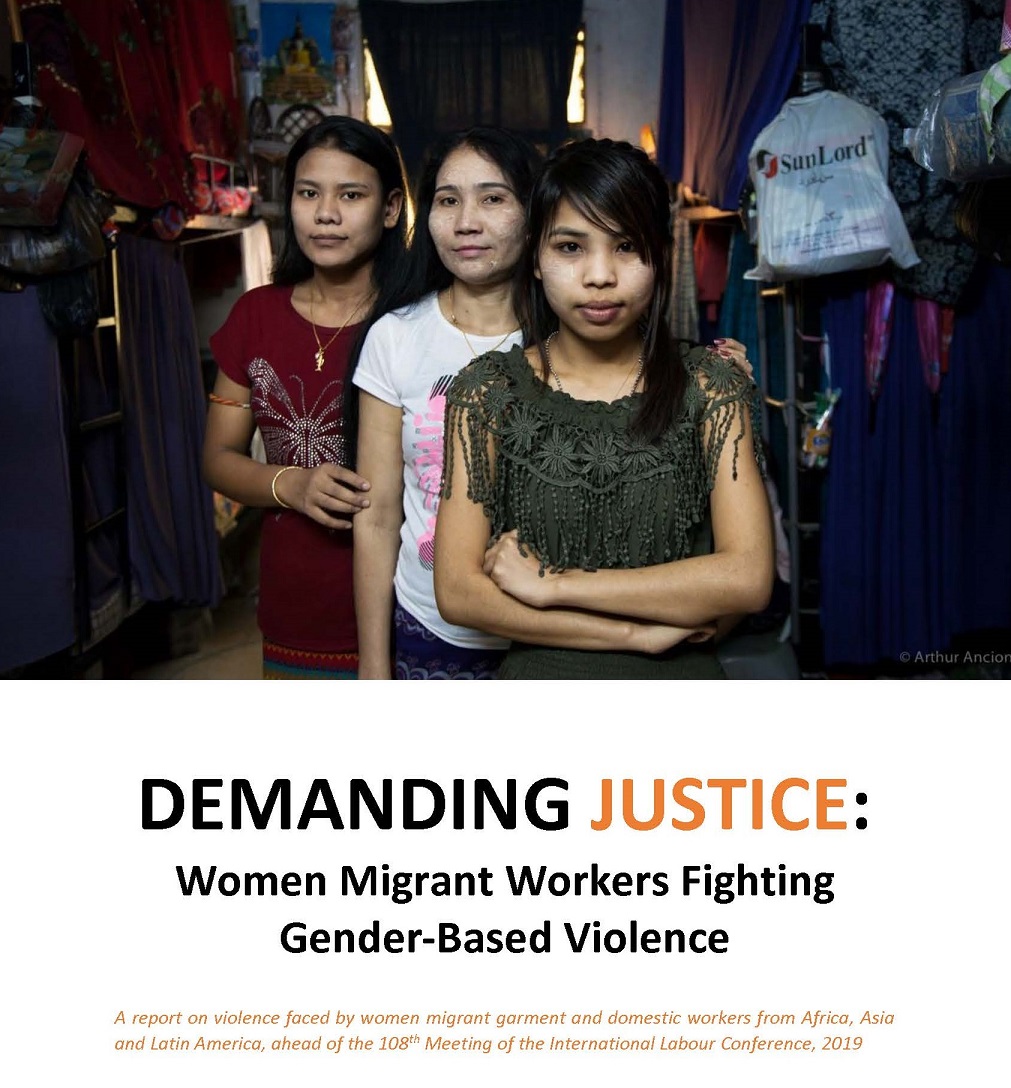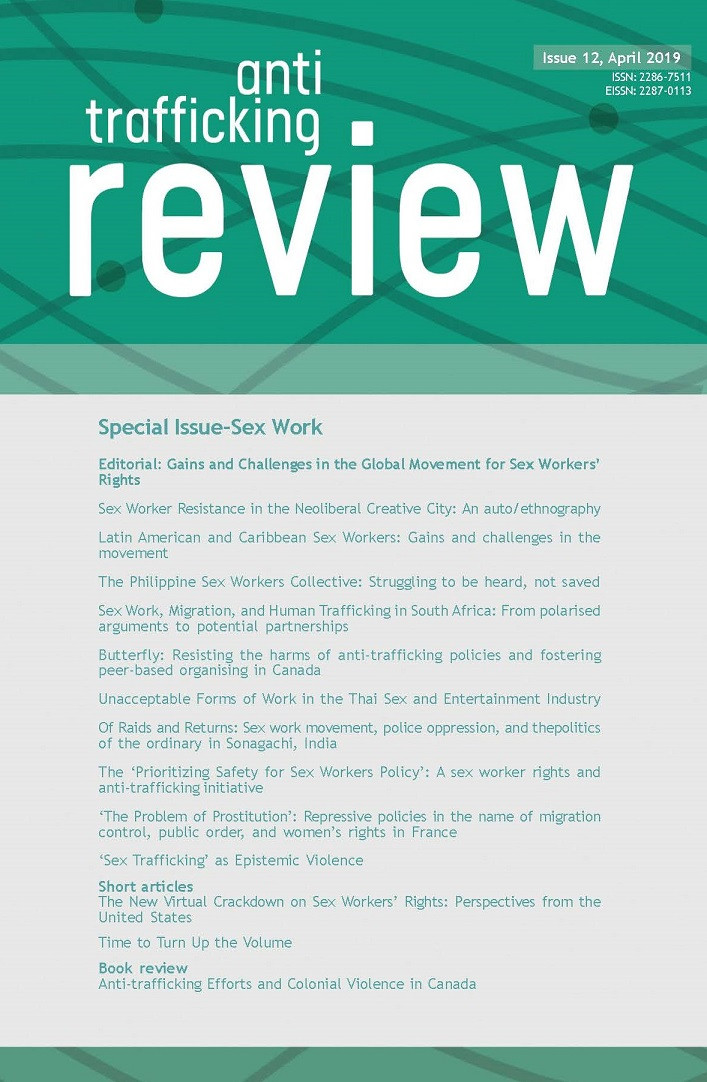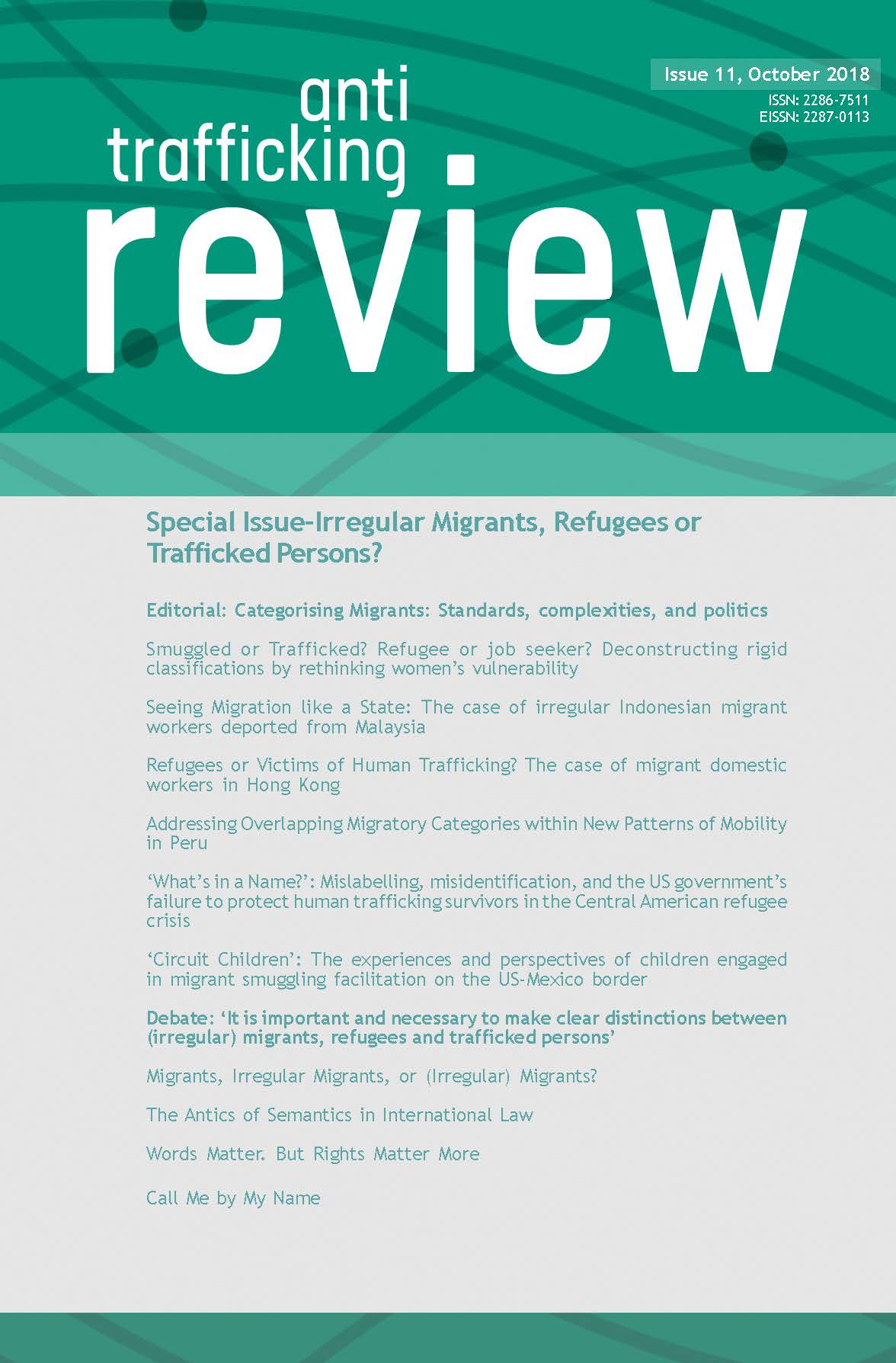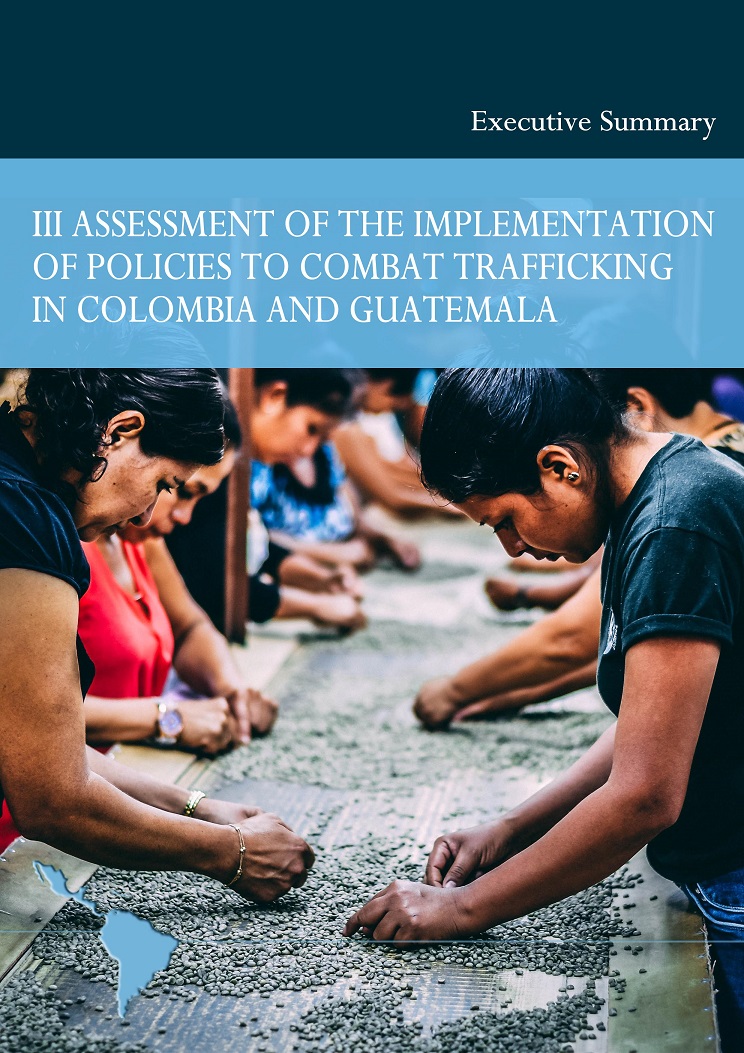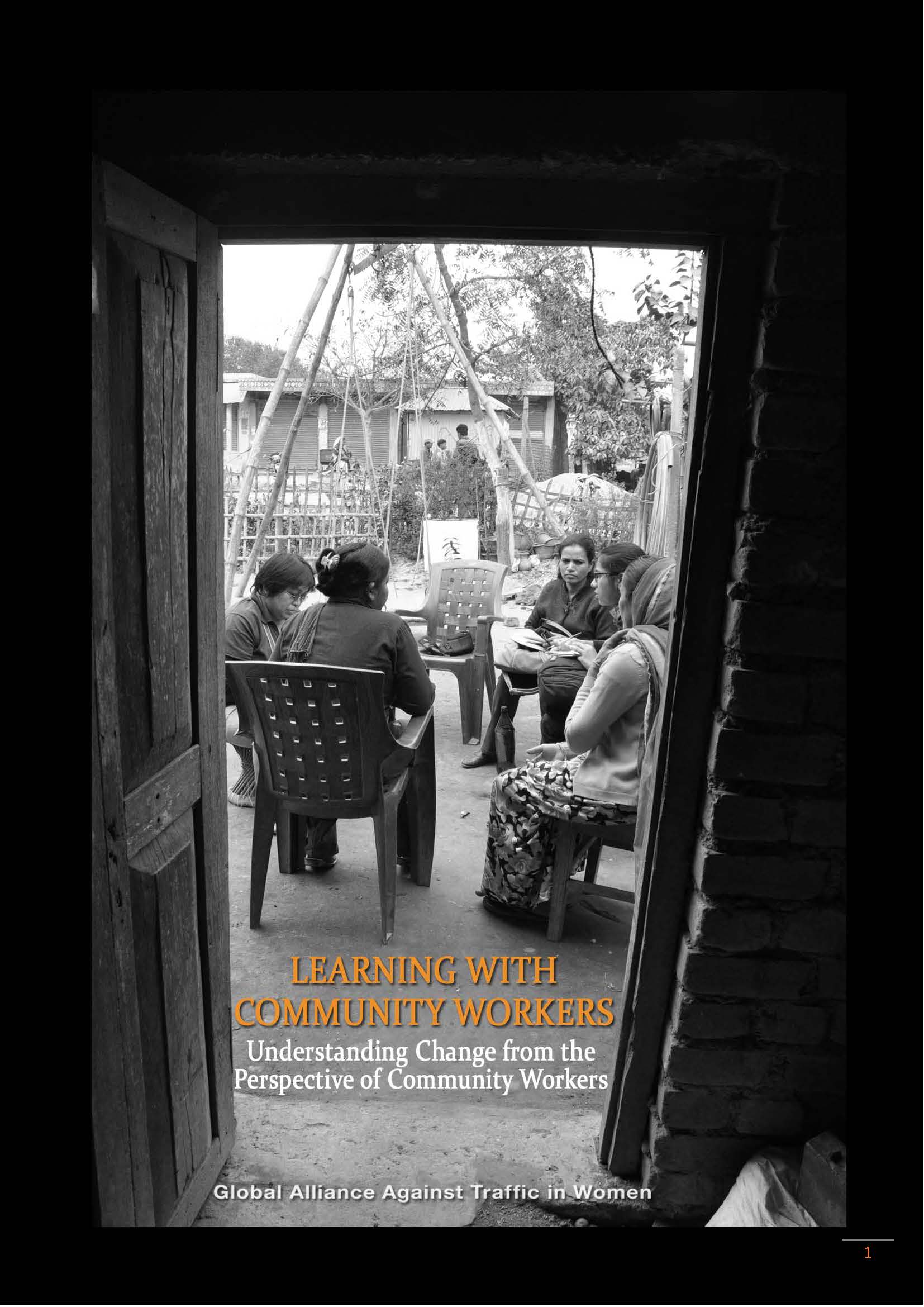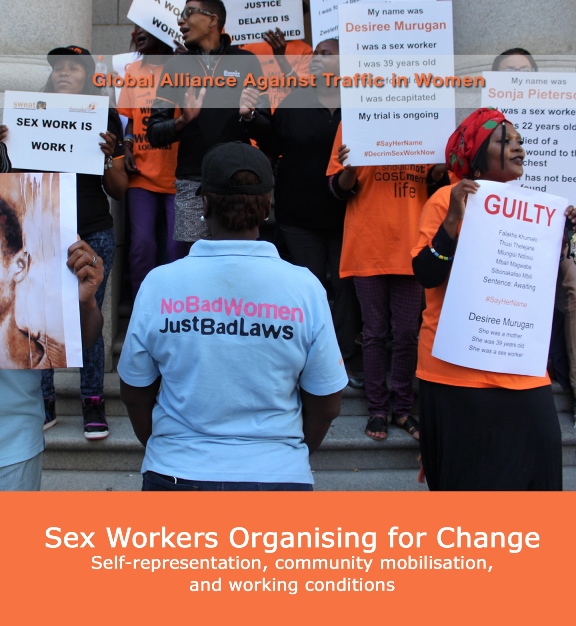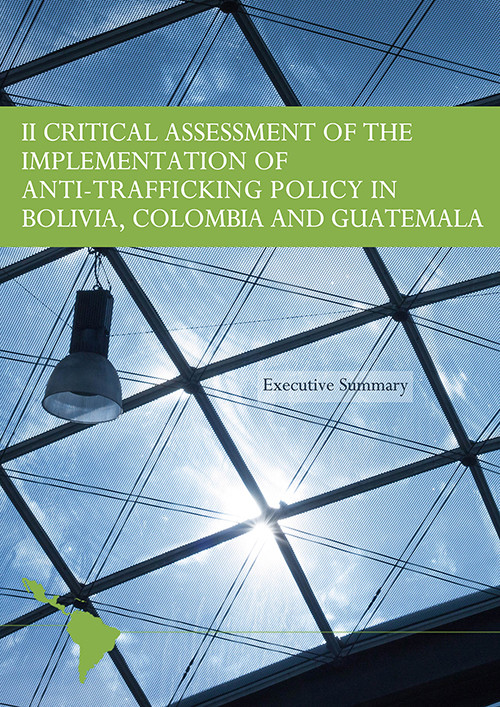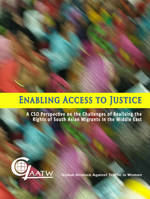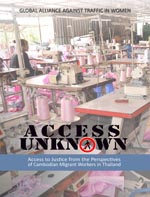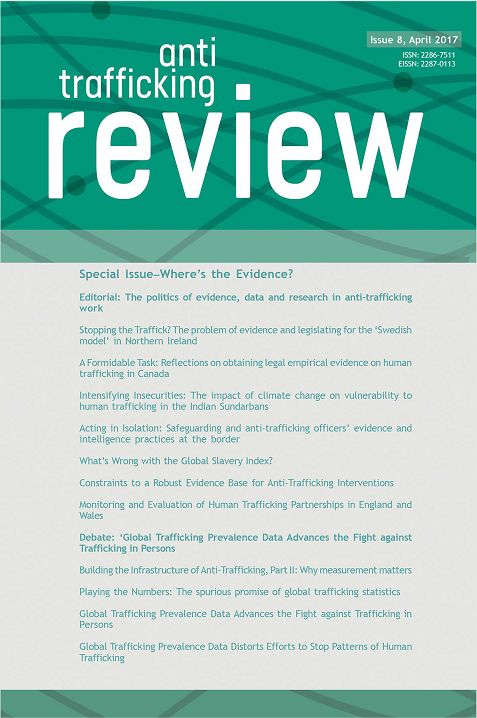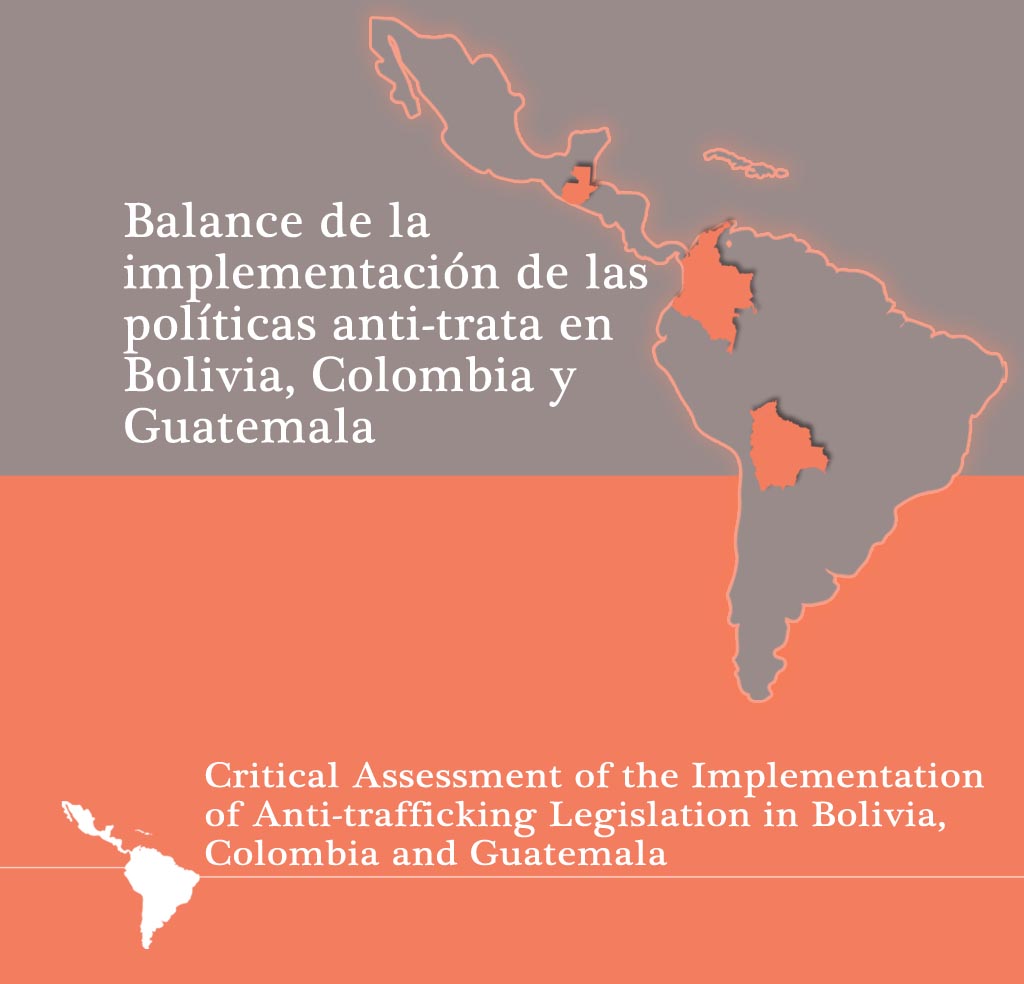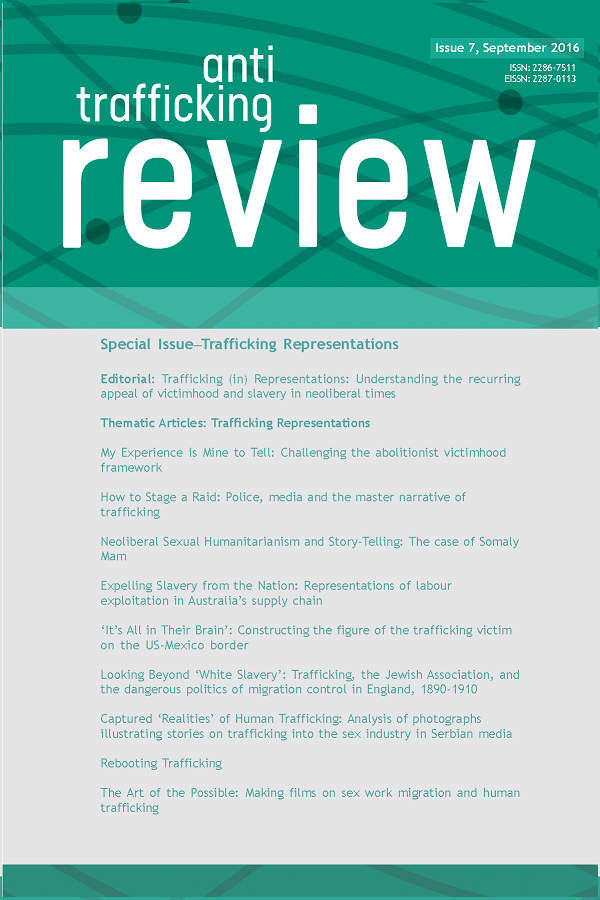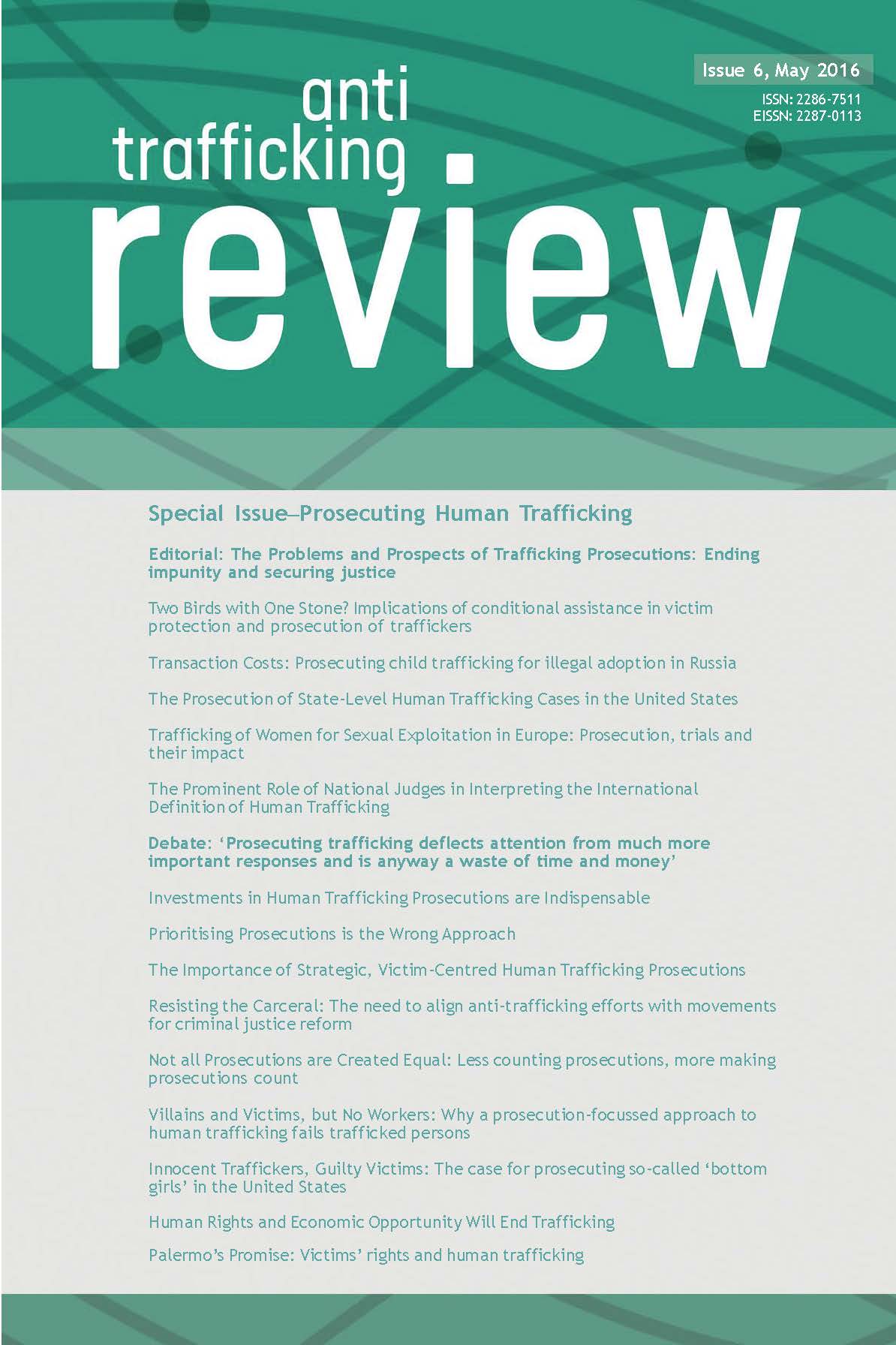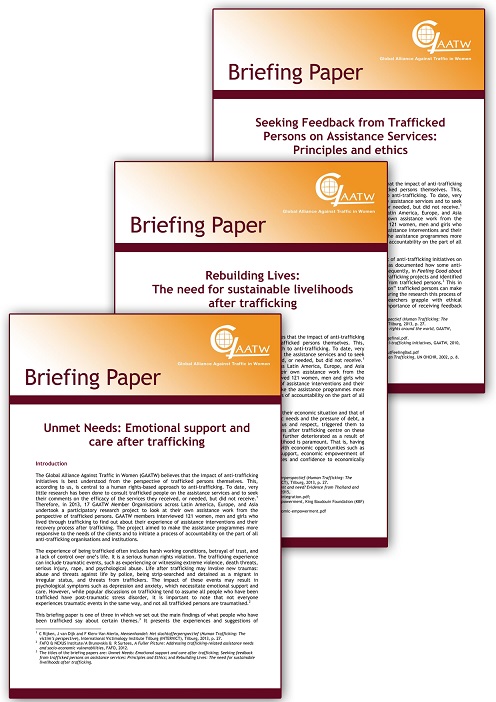Cybercrime convention update
Concerns with the proposed Convention
Many of the governments who are supportive of the treaty, including China, Myanmar, North Korea, Venezuela and Russia, are already using cybercrime laws in their own countries to persecute journalists, human rights defenders, opposition politicians and artists.
There is also a risk that the new treaty will be used to curtail the rights of women, LGBTQ+ people and sex workers through a prohibition of “obscene” or “intimate” material. Looking at the draft documents that have been published by the Ad-Hoc Committee, it’s clear that some states are pushing for these types of clauses. For instance, Ghana wants the Convention’s scope to cover “prohibited intimate images and visual recordings.” Iran wants the convention to prohibit the distribution of “obscene” content.
It is likely that human trafficking and online sexual exploitation will be considered for inclusion in the final treaty. However, this approach has been resisted by CSOs who argued in this joint letter that there are sufficient protections and commitments in CEDAW, the Palermo Protocol etc and that states should instead focus on implementing those commitments, rather than seeking to introduce more criminalising measures. At GAATW, we agree with this position and believe that the focus on tighter regulations of communication technologies distracts from efforts to address the root causes of trafficking and other human rights abuses.
In more positive news, the Ad-Hoc Committee has so far been very welcoming of CSOs’ engagement in the treaty negotiation process. At the first session, several CSOs had the opportunity to submit their written views and to participate online. You can read Human Rights Watch’s submission here.







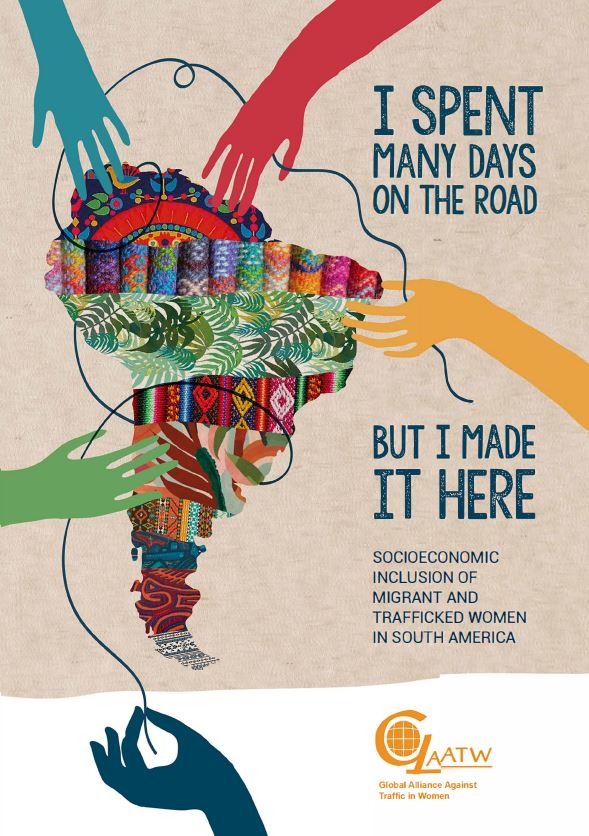
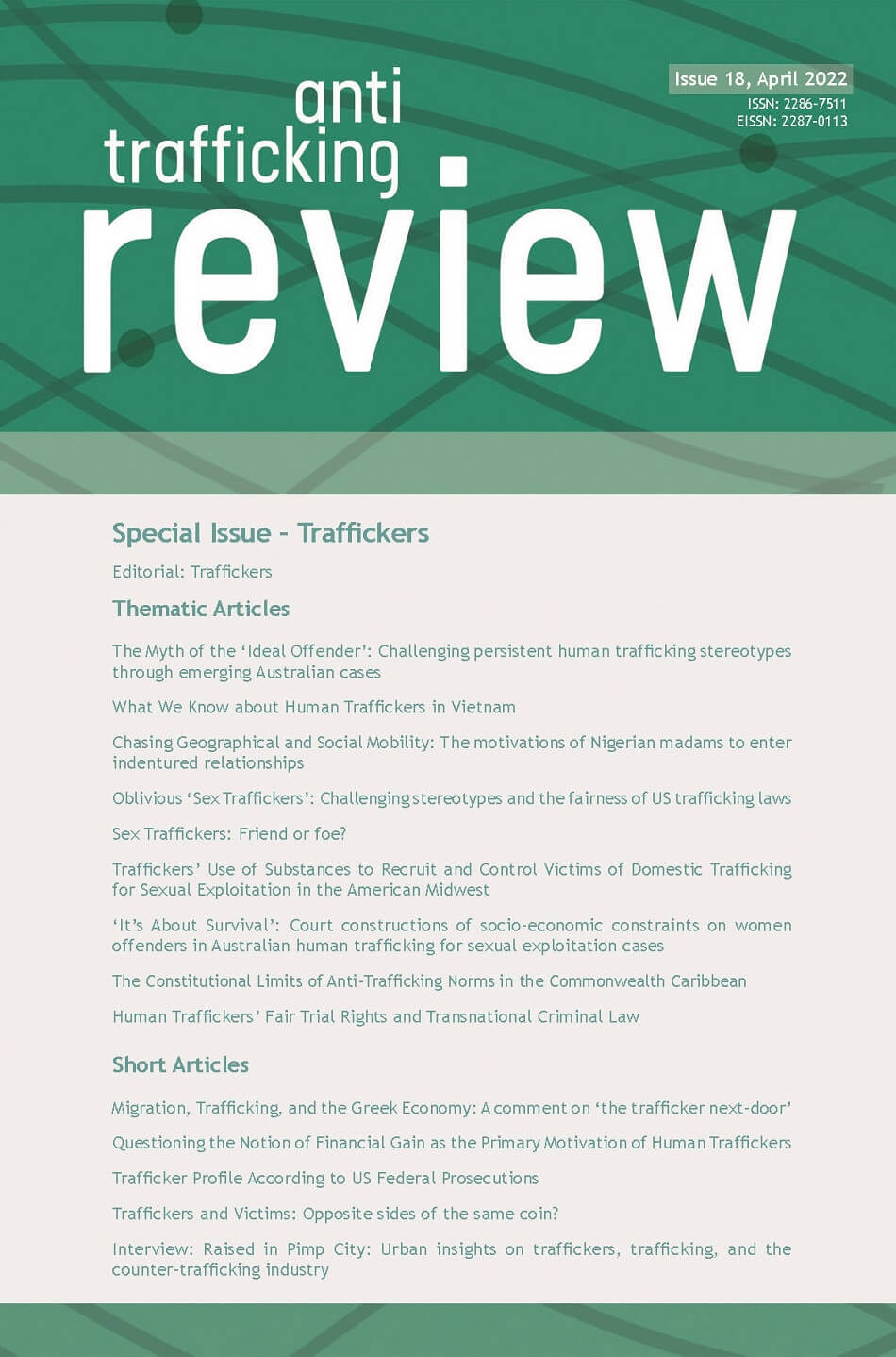

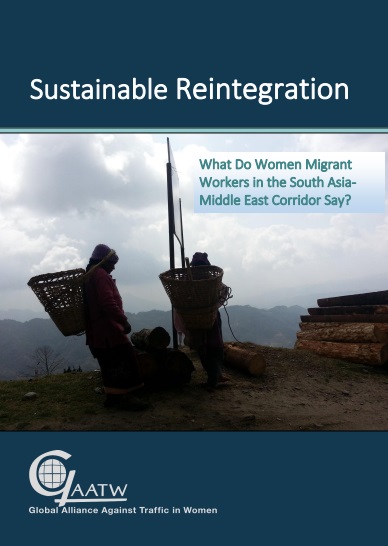
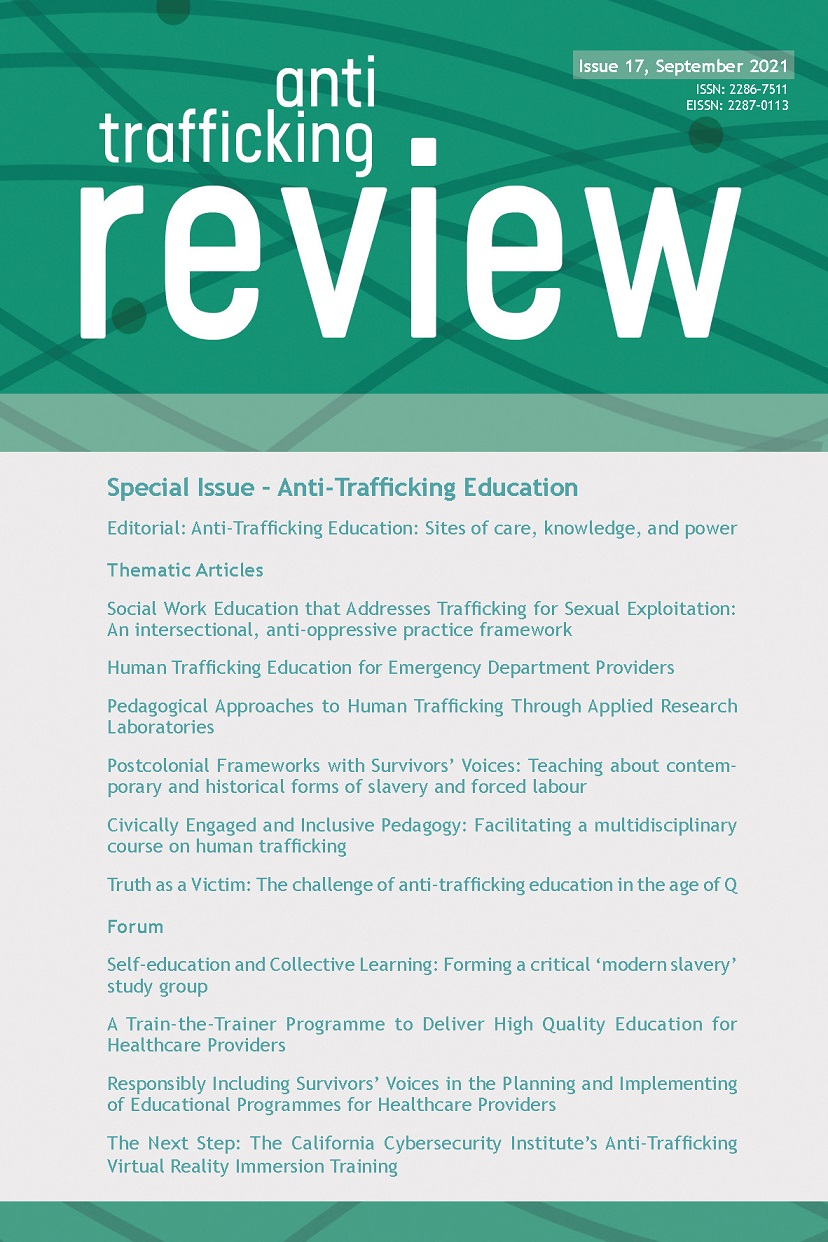
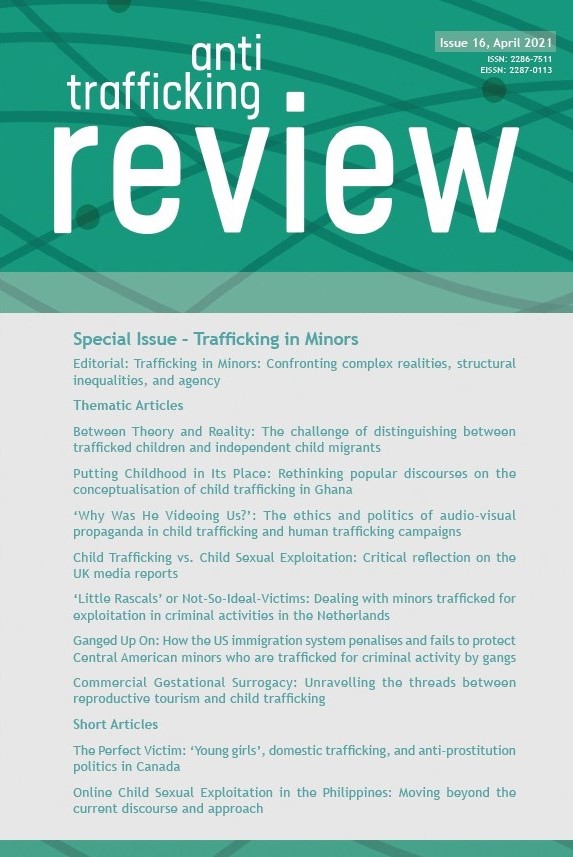
.pdf - Adobe Acrobat Pro 2_8_2021 4_36_32 PM.png)
